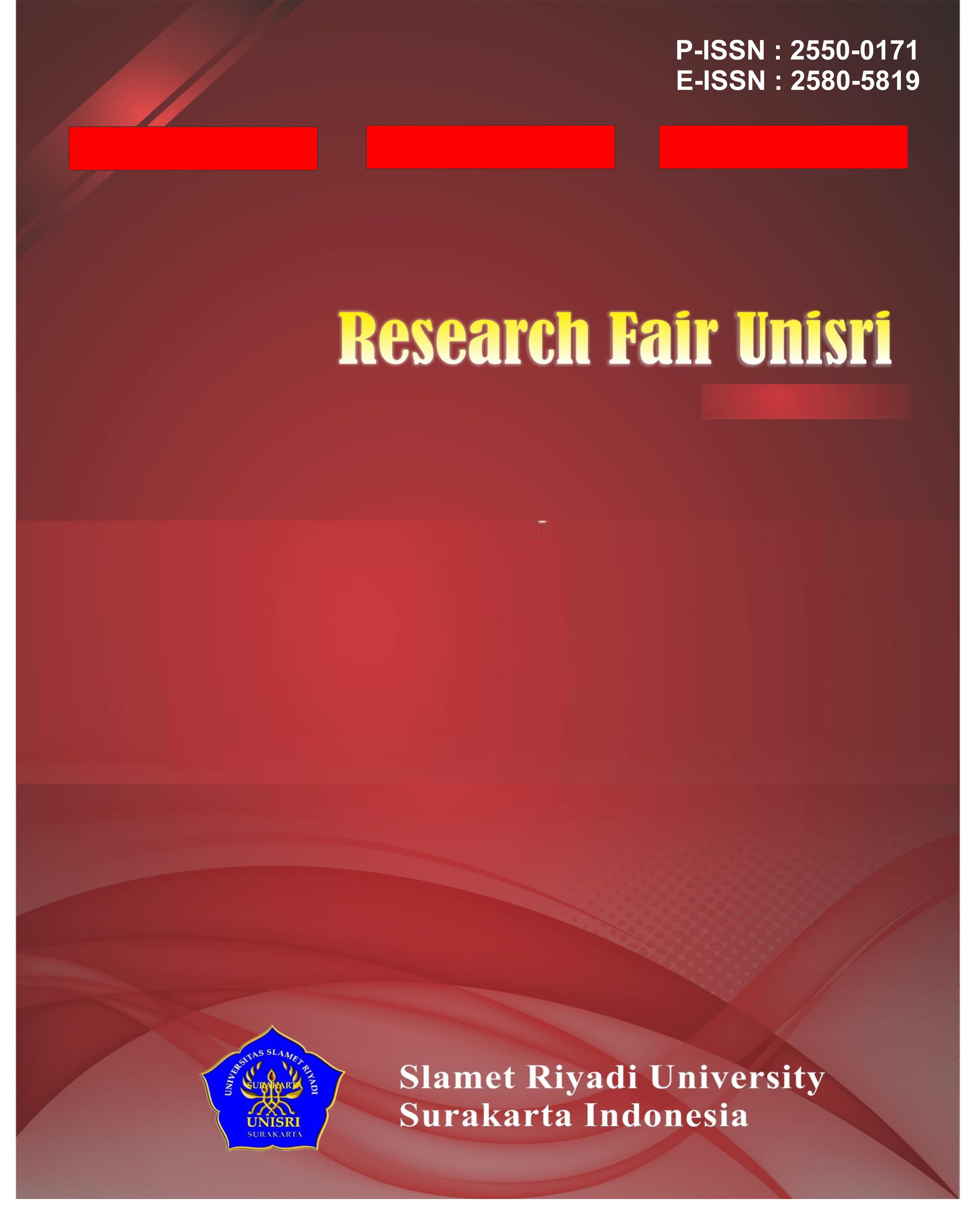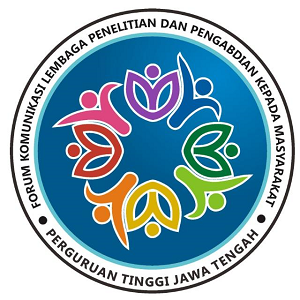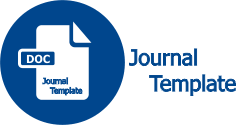Project Based Learning Model in Science Learning in Developing Higher Order Thinking Skills and Character Education of Students
DOI:
https://doi.org/10.33061/rsfu.v6i2.7912Abstract
The process of building character takes place continuously and should be done through education in line with the goals to be achieved. Literature studies on character building can be viewed from various aspects, including through learning a particular field of study, through developing thinking skills; integrating cognitive, affective and psychomotor domains; focusing on science and technology and imtaq, and developing a scientific attitude. Character building through the development of higher order thinking skills is an alternative in science education. Habits of mind as intelligent behavior are far more important than providing students with higher-order thinking skills through science education. Habits of mind in the sense of intelligent behavior can be trained and its achievement measured. All of this is possible if science education emphasizes project-based learning. The project-based approach in science learning is an interesting field to research, because it has a high value in improving the quality of student learning in shaping character.
Keywords: Higher order thinking skills, science education, character building, project based learning.

Downloads
Published
Issue
Section
License
- Hak publikasi atas semua materi informasi yang tercantum dalam situs jurnal ini dipegang oleh dewan redaksi/editor dengan sepengetahuan penulis. Pengelola Jurnal akan menjunjung tinggi hak moral penulis.
- Aspek legal formal terhadap akses setiap informasi dan artikel yang tercantum dalam situs jurnal ini mengacu pada ketentuan lisensi Creative Commons Atribusi-NonCommercial-No Derivative (CC BY-NC-ND), yang berarti bahwa hanya dengan izin penulis, informasi dan artikel Jurnal PKM dapat didistribusikan ke pihak lain dengan tanpa merubah bentuk aslinya untuk tujuan non-komersial.
- Setiap terbitan Jurnal PKM, baik cetak maupun elektronik, bersifat open access untuk tujuan pendidikan, penelitian, dan perpustakaan. Di luar tujuan tersebut, penerbit atau pengelola jurnal tidak bertanggung jawab atas terjadinya pelanggaran hak cipta yang dilakukan oleh pembaca atau pengakses.



















